Nubia and Kush
A few years ago I ran a small survey. I asked a group of adult students, who were culturally diverse, what the term Nubian meant to them. Out of a group of 40 people, only those with a connection to African, Black British or Caribbean heritage had heard of the term and these were their responses:
Black; a place in Africa; old Africans; a forgotten African culture; ancient word for Black people in general; oldest African culture; just a country; part of African people; a Black woman; ancient term for a Black race in Africa; a group of people that Black people evolved from; just a country.
Egyptologists use the term Nubian when referring to the Kingdom of Kush, which is south of Kemet/Ancient Egypt (see detail from the tomb of Sokehotep below). However, they also use the adjective Nubian to describe any representation that has the appearance of an indigenous African person. In doing so, they distinguish between the ancient Nubian people from Kemites (ancient Egyptians).
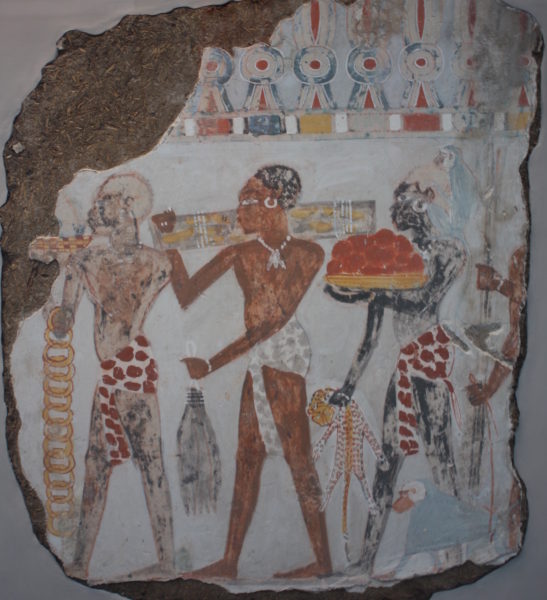
Since, as I have also previously noted, the majority of Egyptologists in European and North American institutions do not have a direct connection to Africa, I wanted to find out how contemporary Nubian people defined themselves, and if this was an appropriate term to use for the ancient people from this region. So, in 2011 I spent time recording the responses of Nubian colleagues, Elders and community members in both Egypt and Sudan. Many of the conversations were recorded and can be found on the Fitzwilliam Museum’s website.
Nubia as a geographical region
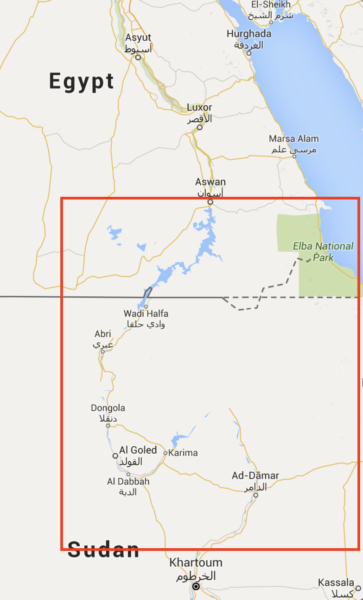
The territory of Nubia runs from the first cataract of the river Nile in Aswan to the sixth cataract of the river, which is north of the city of Khartoum in Sudan. However, when the second Aswan dam was completed in 1970 Nubian people were forced to move further north in Egypt to the towns of Edfu and Kom Ombo, both of which are on the river Nile. Many Nubian people were also displaced even further away, to the desert in the east, in a town named Nasr al Nuba.
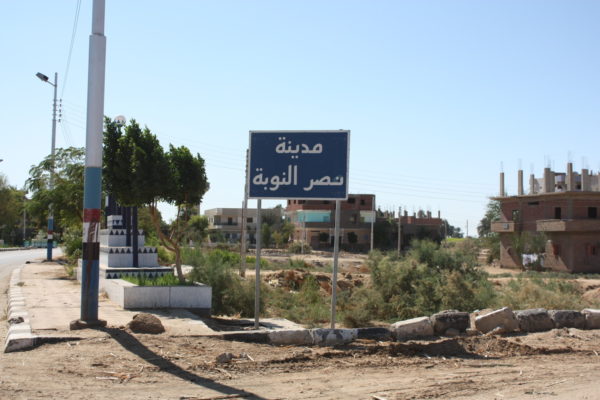
The building of the dam destroyed communities and archaeology alike. And although major monuments were moved to new locations away from the flooded land, the communities of Nubian people had to leave their traditional homes and were displaced. Not everyone who lives in this region is Nubian. In fact Nubian people form a minority group, who have had to fight to maintain their cultural identity.
Nubian people
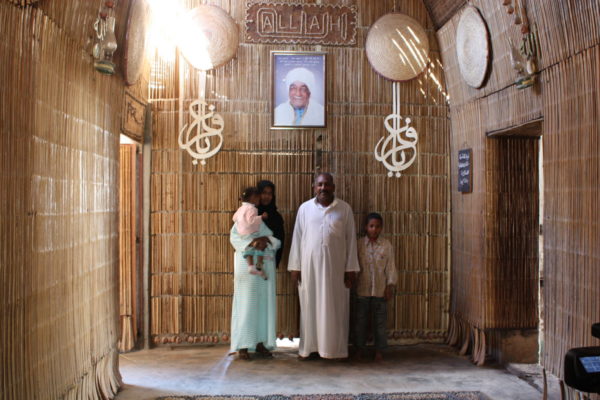
Nubian can also refer to a group of peoples who form a distinct cultural group who originate from this region. Today, the majority of Nubian people are Muslim, however, many of their traditions from the time before they adopted this religion remain. One such tradition amongst some Nubian people is to take a child to the river Nile when it is born. This is because the river has always been important within Nubian traditions.
Many of the people who I interviewed in Egypt made reference to the fact that Nubian people today are “mixed”. That their ancestors married other Islamic people who came to this region; religion being a common link between two groups that were originally culturally diverse. Perhaps because of this Nubian people have a range of different appearances, as can be seen from some of the photographs that were taken as part of the research project I mentioned. These can be viewed on the Fitzwilliam Museum’s website.
In North America the term Nubian can be used to refer to African American or African people.
Nubian as a language
Nubian is also a language that has at least three distinct dialects. However, as the Elders die so are some of these dialects. Preserving the Nubian language was such a concern that the Nubia Museum in Aswan began a programme of teaching it to young people, in order to preserve it. For the majority of Nubian people, their first language is now Arabic. Young people naturally feel that it is more useful to learn a European language in order to be better placed to find employment. Thus, Nubian, like many African languages, is literally dying out. When I spoke to Elders of Nubian communities in both Egypt and Sudan in 2011, the majority said they simply don’t use Nubian on a daily basis.
Nubian as an ancient culture?
Should we then be using Nubian when describing ancient people from this region? Or is the ancient term Kush or Kushite preferable?
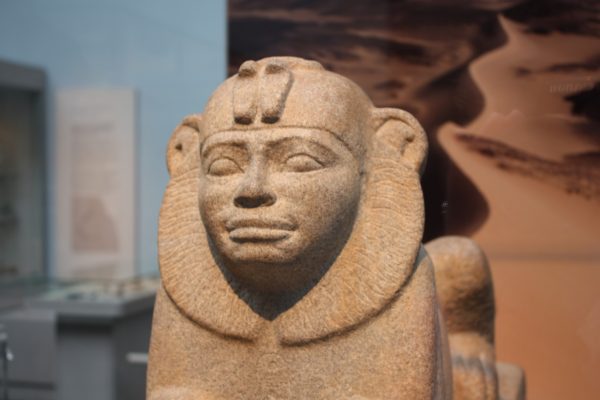
The adjective Kushite is generally used to describe rulers of Dynasty 25. These rulers originated from Kush and ruled their own country alongside Kemet. This dual rule was referenced on their statuary by the two cobras that they wore on their brows; most kings of Kemet only wore one cobra. The cobra symbolised protection for royalty and also gods. The phenomenon can be seen on the statue of King Taharqa above.
I would use the term Nubia in regard to the region, in the same way that I might use Egypt or Sudan. However, as with Egypt I feel it is important to make a distinction between the ancient peoples and those who live in this region today. The cultures, religions, languages, and also a large percentage of the population has changed considerably since ancient times.
There is, of course, no right or wrong answer to the question that I posed at the start of this post. For now, I feel happiest using the terms Kemet and Kush, but I would be interested to hear other people’s views on how they feel the term Nubian should be used.

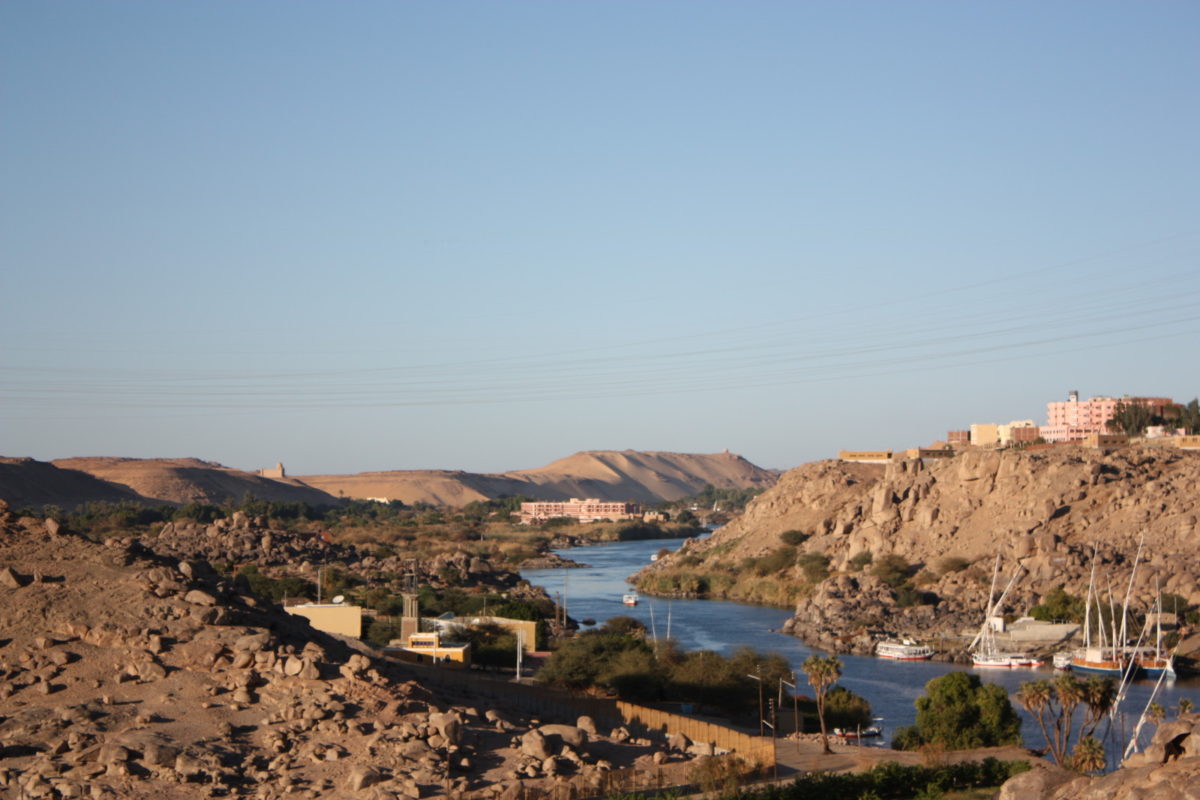
I am glad someone mentioned the mixture of Bedouin Arabs, Turks, Greeks, and Romans above in terms of settlers and invaders who moved to Kemet after it lost its independence after the 25th Dynasty of Kushite rulers who seemed to have been well accepted as native rulers by the culturally similar Upper Kemetics of Ta-Shemau. From what I have read and studied, literally millions of Arabs, Ottoman Turks, Greeks, Romans, and Mamluks from Armenia, Georgia, the Balkans, and even Greece again have left their stamp on the peoples of northern Africa an Egypt as a whole. I find that the northern Egyptians from Cairo for instance do not like to admit this, they will simply claim that as is they are the same peoples of Ta-Mehu going back to unification over 5,000 years ago. This is something that absolutely never gets addressed though I have personally read at length that the number of Turks and mixed Turkish people alone can be as much as 25m people in Egypt alone. That is not even mentioning how many have been diluted with Arabic, Greek, or Mamluk bloodlines.
I would like to ask one question when was the first mentions of nubia region term in the books?
I mean who is first writer mentions this term ?
It first appears in Roman period texts. Silius Atticus uses the term in the early first century CE. It also appears in Pliny’s Natural Histories, again first century CE.
Alot of people say that some Nubians have intermarried with Arabs and other outsiders but not much. I had a conversation with a Nubian and she clearly said that iNubians have maintained marrying within their tribe as way of preserving their heritage.Some don’t even want to speak Arabic or associate themselves with Arabs because they are trying to maintain African traditions. Another from Morroco says Nubian are ethnic minority in Modern Egypt, some modern Egyptians praise them for being the originals while others dislike them because Modern Egyptians (Turks,Arabs,Euros) wants to claim the old civilisation for their own.
The tradition has changed to some degree because the majority of Nubian people are now Muslim. However, the original traditions from this region are still respected and continued, very much in the same way as traditional cultures in parts of West Africa, where people have converted to either Christianity or Islam but maintain their cultural links to earlier traditions.
Of course Kush . Nubia is fake name has no thing to do with the civilzation . Kush was part of Kemet and all have same race and there is no one single place Nuba had been mentioned in the old history . And thier languages have no thing to do with the langagues of the civilzation . It’s Kush and no thing but Kush
Thanks for sharing your thoughts Jamal. Some people have suggested that the word comes from the Ancient Kemite for ‘gold’ because this was where the mines were. It is possible that it survived through the the first use of Nubia, but as far as I know it can’t be proven. So yes for ancient I would use Kush!
What a beautiful place, I would love to visit Nubia some day, thanks for sharing!
The people and the culture are remarkable. I would definitely recommend visiting (and also staying with) people from the Nubian communities. I have always been made to feel welcome, both in Egypt and Sudan.